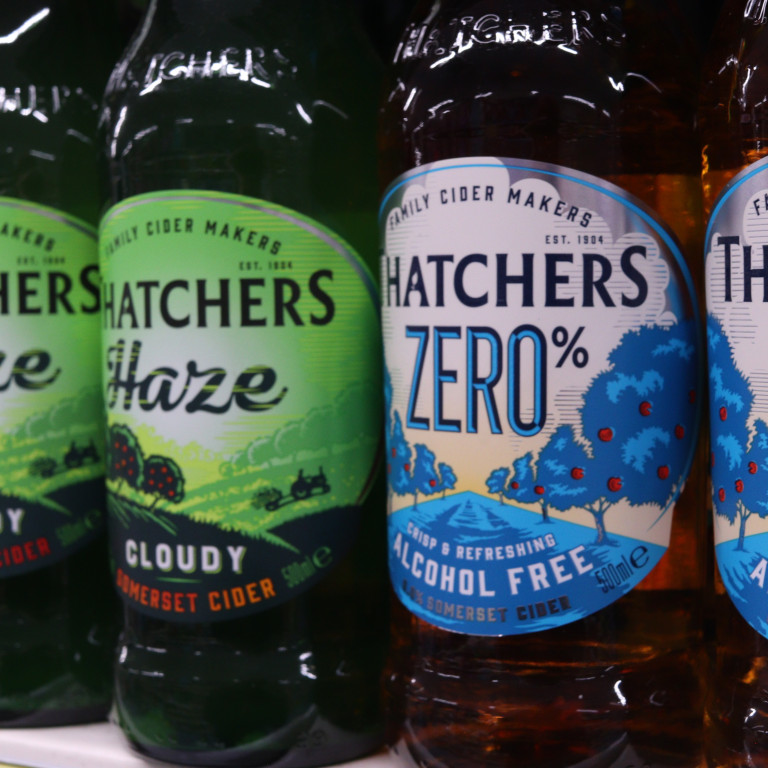A law firm has paid £45,000 in damages after admitting to sending letters of claim written by another firm. While imitation may be the sincerest form of flattery, it can certainly also be the most expensive.
The case has raised eyebrows amongst lawyers used to ‘taking inspiration’ from other lawyers’ work. After all, the efficient practice of law is made possible by using precedent documents adapted over and over to suit successive clients’ instructions. This avoidance of “re-inventing the wheel” every time is generally a good thing because work can be done more quickly and safely when the documents have been scrutinised many times before for potential pitfalls. Banks of precedent documents are either developed by the firm itself over time or acquired from specialist third-party providers.
Unfortunately for the defendant firm, they were provided with the offending letter by a barrister who could not claim ownership of the copyright because he had in turn acquired it from the claimant firm (concerning an earlier, unrelated case) and so it belonged to them. The infringement only came to light when, while defending a dispute on behalf of a client, the claimant firm received one of their own letters. Aside from the inevitable feeling of schadenfreude, the case invites consideration of what degree of copying amounts to infringement in this context.
What is copyright infringement?
Copyright infringement is the use or production of copyrighted material without the permission of the copyright holder.
What degree of copying amounts to infringement?
Copyright subsists in original ‘literary works’ which includes standard legal letters. The Copyright lies in the presentation of the work (i.e. how the work is presented on the page) not in the ideas it expresses, so a firm of solicitors cannot claim ownership of any particular legal principle or argument. That is why the doctrine of legal precedent does not offend copyright.
Infringement only arises where the whole or a substantial part of the original work is copied. What amounts to substantial is a qualitative rather than quantitative test, meaning the importance of the part copied to the original is what matters, not the amount that is copied. Given the content of letters of claim is largely proscribed by court rules and that brevity is encouraged in solicitors’ correspondence, this makes it quite difficult to avoid allegations of copying.
Thankfully most firms are too sensible to be other than gratified when an opponent has seen fit to adopt their drafting and lawyers usually apply considerable thought to the appropriateness of what they are adopting. But the offending letter probably went too far and consisted of largely copying and pasting the original.
While this might seem an esoteric argument between lawyers, it has important lessons for anyone “borrowing” someone else’s legal documents. For example, while it can be tempting to copy and paste a competitor’s online terms of business or privacy policy this could very well result in copyright infringement (quite apart from being highly unsafe in terms of the appropriateness of the terms and the quality of the drafting).
The barrister concerned has since admitted a ‘technical’ infringement of copyright.
Find out more
If you would like any help or support then visit our dedicated Intellectual Property pages or contact our expert team.





